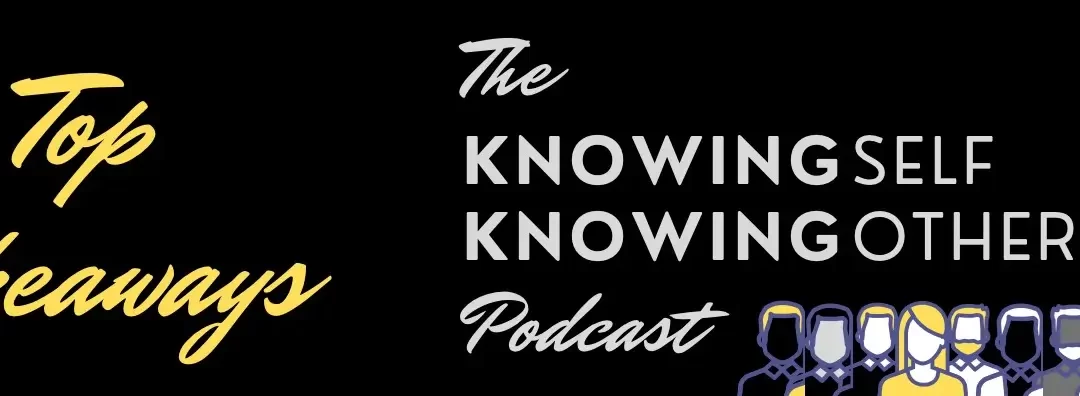I had a really interesting conversation with Linda Crockett, founder of the Canadian Institute of Workplace Bullying Resources. After experiencing workplace bullying herself, Linda, with her extensive background in social work, found herself confused and very unwell. Determined to understand what was happening to her, Linda did her own research and discovered workplace bullying. Linda pursued a master’s degree in clinical social work and established her business with a holistic and trauma-informed approach to addressing workplace bullying.
In this episode, we explore the importance of self-awareness in addressing workplace bullying, the impact of bullying at different levels of organisations, and the potential for individuals to change their behaviours.
Here are some top takeaways and reflective questions for you to think about…
 Takeaway 1: Workplace bullying is a pervasive issue that can have devastating effects on individuals and organizations. Linda Crockett, the founder of the Canadian Institute of Workplace Bullying Resources, highlights the importance of addressing workplace bullying through a holistic trauma-informed perspective. By considering the needs of all parties involved, including leaders, targets, witnesses, and even the bullies themselves, we can work towards creating safer and healthier work environments.
Takeaway 1: Workplace bullying is a pervasive issue that can have devastating effects on individuals and organizations. Linda Crockett, the founder of the Canadian Institute of Workplace Bullying Resources, highlights the importance of addressing workplace bullying through a holistic trauma-informed perspective. By considering the needs of all parties involved, including leaders, targets, witnesses, and even the bullies themselves, we can work towards creating safer and healthier work environments.
Question for reflection: How can organisations adopt a trauma-informed approach to address workplace bullying and foster a culture of empathy and support?
Takeaway 2: Self-awareness is a crucial component of effective leadership and plays a significant role in preventing workplace bullying. Leaders who are self-aware are better equipped to understand how their behaviors impact others and can address their own insecurities and biases. Self-monitoring, emotional intelligence, and a commitment to ongoing self-reflection are essential for leaders to create positive and inclusive work environments.
Question for reflection: What steps can leaders take to develop and strengthen their self-awareness, emotional intelligence, and self-monitoring skills?
Takeaway 3: The journey towards self-awareness and change requires individuals to assess their own behaviors and seek feedback from others. Linda emphasizes the need for leaders to engage in self-assessment tools, such as questionnaires and assessments, to gain insights into their leadership style and conflict management approaches. Additionally, seeking honest feedback from trusted colleagues can provide valuable information for personal growth.
Question for reflection: How open are you to seeking feedback and engaging in self-assessment to enhance your self-awareness and leadership style?
Takeaway 4: It is essential for organizations to hold bullies accountable for their actions in order to bring about behavioral change. Instead of enabling bad behaviors, organizations must provide resources and support for individuals to address the underlying causes of their bullying tendencies. By emphasizing personal responsibility and providing avenues for growth and development, organizations can create a culture that discourages bullying behaviors.
Question for reflection: How can organisations create a climate of accountability that supports individuals in changing their bullying behaviours?
Takeaway 5: Developing self-awareness is not only important for leaders but also for those who have experienced bullying or have witnessed it in the workplace. By understanding their own triggers and reactions, individuals can better advocate for their needs, identify boundaries, and seek the necessary support. Self-reflection and introspection empower individuals to take charge of their well-being and work towards creating healthier work environments.
Question for reflection: What steps can you take to enhance your self-awareness and self-care practices in the face of bullying or witnessing bullying in the workplace?
Take a listen to the whole episode
Looking forward to having you on my learning journey!

